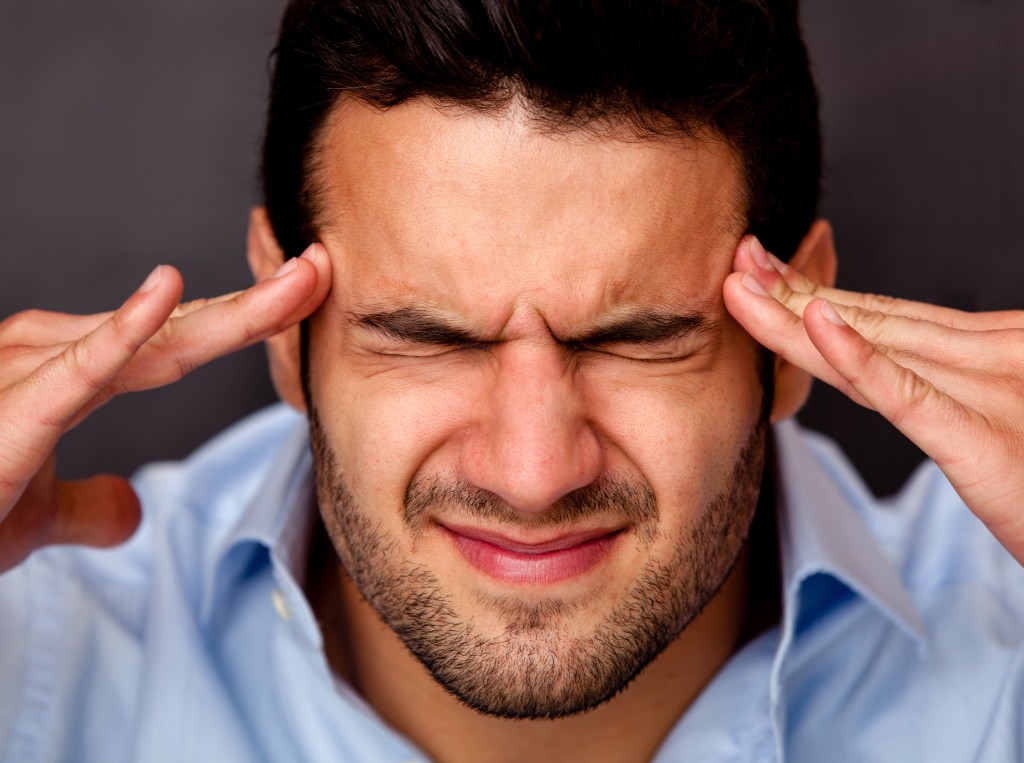-
Understanding Headache Types is Key to Treatment
We have all experienced the annoying, relentless and throbbing pain associated with a headache. They can slow us down or even bring us to a complete stop. However, did you know that there are several different types of headaches, and knowing the type you've got can be the first step in effectively treating it?
Mayo Clinic Health System nurse practitioner Erin Pokorny takes a look at different types of headaches and shares what you can do to fight them.
- Tension-type headaches: These are considered to be the most common types of headaches. They are often described as dull and achy and are often brought on by stress, neck pain, missing meals and a variety of other things. Treatment options: Tension-type headaches can often be treated by over-the-counter medication, such as aspirin, ibuprofen or acetaminophen. You may also want to try alternative treatments including meditation, relaxation training and massage.
- Migraines: We've all heard about migraines, and we know that they’re not to be taken lightly. The pain associated with migraines is often described as throbbing and severe. Migraines are often associated with nausea, vomiting or increased sensitivity to light and sound. Pain may worsen with increased activity. Untreated, migraines can typically last anywhere from 4 to 72 hours. Treatment options: If you know the triggers for your migraines, make sure to avoid these known causes. Over-the-counter medication can help. Other treatment options include prescription medications; rest in a quiet, dark room; or a hot/cold compress to the head or neck.
- Cluster headaches: These are rare, but occur on and off for weeks at a time. Cluster periods can last for days or months, and you may experience one or more cluster headaches a day. Typically, these headaches begin quickly and reach maximum intensity within minutes. They usually affect one side of the head and can be accompanied by tearing/redness in one eye or drooping of that eyelid, and a runny or stuffy nose. Treatment options: Over-the-counter medication won’t help cluster headaches due to their short duration. Preventive medication can help, as well as injections of sumatriptan for quick relief. Inhalation of 100 percent oxygen through a mask and prescription triptan nasal sprays can help.
- Chronic daily headaches: These headaches occur 15 days or more a month. The different types of chronic daily headaches are characterized by their frequency and duration. The signs, symptoms and time frame vary depending on the type of headache you have. Treatment options: Treatment for chronic daily headaches often focuses on underlying diseases and conditions to stop them. If no underlying conditions are found, preventive medication becomes the focus of treatment.
"Nobody wants their days hindered by annoying and painful headaches. It’s important to be able to identify the type of headache you’re experiencing in order to execute the best treatment options," says Pokorny. "Make sure to schedule a visit with your health care provider if symptoms persist."
Related Articles

Health & Wellness

Health & Wellness

Health & Wellness





